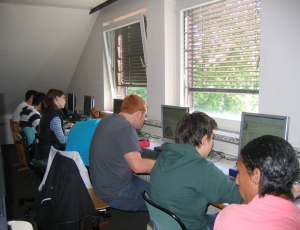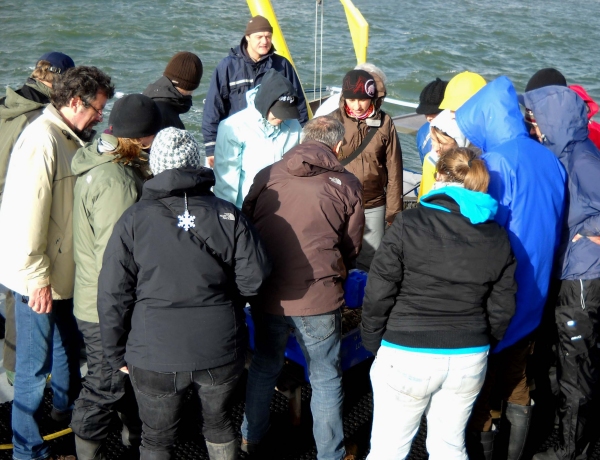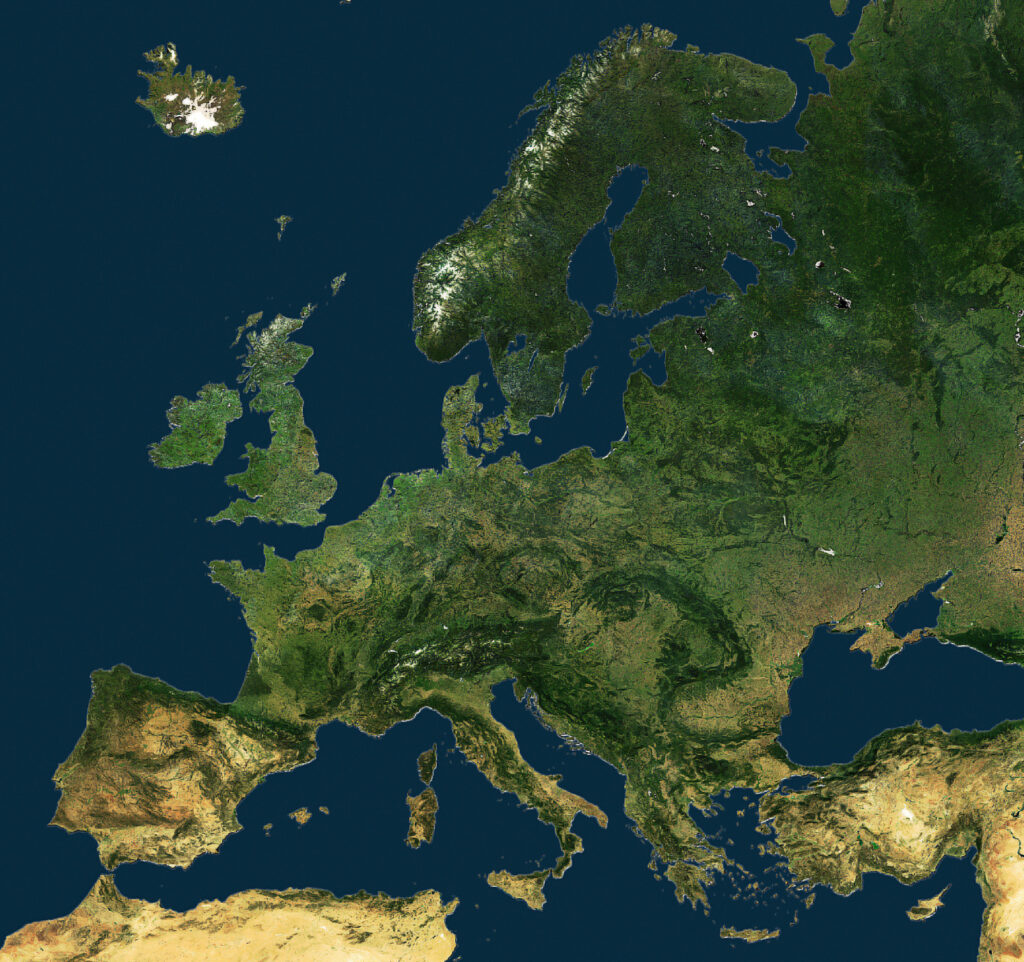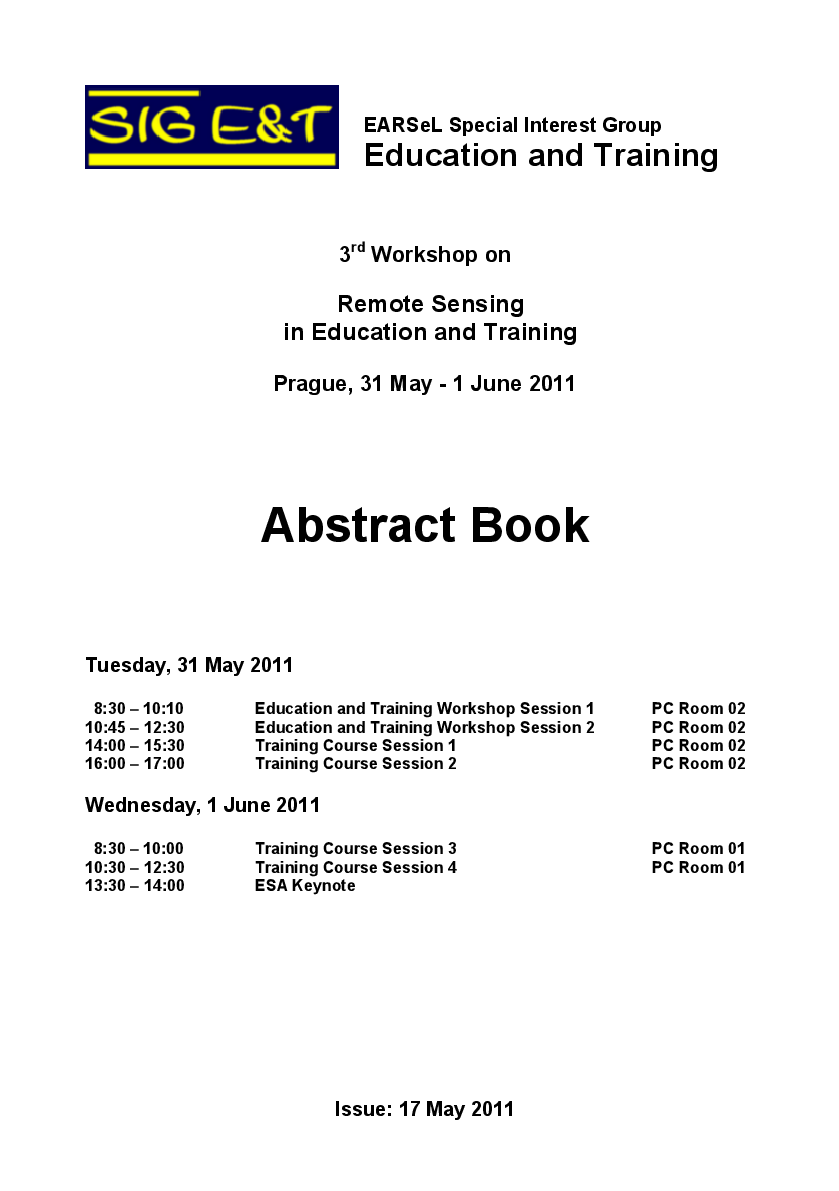31st May – 1st June 2011
organised in the framework of the:


Remote sensing of the earth covers many topics that are significant for all natural science disciplines in school and university curricula. Satellite imagery and data derived from satellite sensors are available for studies of local phenomena around schools, up to large-scale perspectives showing the diversity of nature in the various climate regions on earth. This allows thus to point out the dependence between local and global scales. Remote sensing data are used to observe and understand actual conditions on earth, but they also allow us to outline the methods for predicting future developments – e.g. of the climate system – with models.
All relevant institutions and interested individuals are invited to participate. In particular the workshop is also addressed to the Global Environment and Security (GMES) programme of the European Commission and the European Space Agency. The success of GMES services and information products, especially in the fields of environment, climate change and natural disasters depends on specific training activities which include remote sensing for earth observation as a core element.
Topics
Presentations on the current use of earth observation as support tool for education, training and capacity building, with emphasis on the following topics:
- Earth observation for kids
- Earth observation and its associated use to support science education at schools, high schools and universities
- Environmental science as a tool in cooperative learning and teaching, in enquiry-based learning and in other educational practices for tomorrow’s schools
- Earth observation and its use as educational support in areas like biology, chemistry, geography, physics and mathematics curricula in the classroom but also in continuous individual learning
- Training activities in GMES, with a focus on environment, climate change and natural disasters, in GEOSS, and other international programmes
- Earth observation and its use for public outreach of Environmental Sciences and Global Change
Training Course

processed by Sinergise/ESA

Science teachers at high schools are invited to join the 3rd Workshop on Education and Training of the European Association of Remote Sensing Laboratories (EARSeL).
A main theme of the workshop will be a computer-based training course, organized by the European Space Agency (ESA) and EARSeL, on the following topics:
- Introduction to the principles of remote sensing using satellites
- Eduspace, ESA’s website for secondary school students, showing how to use earth observation in teaching and learning of many subjects and themes such as Earth from Space, Environmental Issues and Envisat for Schools
- Leoworks, ESA’s educational image processing and GIS software for students and teachers.
- BLIF, a remote sensing web application for competence oriented school education, created at the University of Education in Heidelberg
- SEOS, EARSeL’s e-learning tutorials for use in geography, biology, physics and mathematics curricula at high schools
The training course will be a mixture of presentations and hands-on exercises. Participants can use their own notebook for exercises through Wireless LAN. Working language is English.
The number of participants at the training course is limited to 30 persons. Registrations will be accepted in chronological order according to available space.
Science teachers register for the workshop in EARSeL’s Conference Management System not later than Monday, 16 May 2011.
Abstract Book
Commitee
Workshop Chairperson
| Rainer Reuter | University of Oldenburg, Germany |
Scientific Committee
| Mario Hernandez | UNESCO, Paris, France |
| Francesco Sarti | ESA, Frascati, Italy |
| Alexander Siegmund | University of Education, Heidelberg, Germany |
Organising Committee
| Gesine Böttcher | EARSeL Secretariat |
| Lena Halounová | Czech Technical University, Prague, Czech Republic |
Venue
The workshop and the symposium will take place in the National Technical Library, 6 Technická st., 160 80 Prague, Czech Republic.
Prague as a capital of the Czech Republic is situated nearly in the heart of the country and even though in Europe. It is a town boasting with a long history which you can stepwise distinguish from many different Prague locations covering periods from Romanesque to modern styles.
A lot of information is on www.praha.eu
You can enrich your days by visiting a concert from the Prague Spring Festival (12 May – 3 June). You can take part in a trip from a travel agency tourist offer.
Prague uses GMT + 1.
The currency is Czech crown where 25 Czech crowns is around 1 EUR.
The average weather can be both sunny and rainy with temperatures around 17 ° – 24° C.


